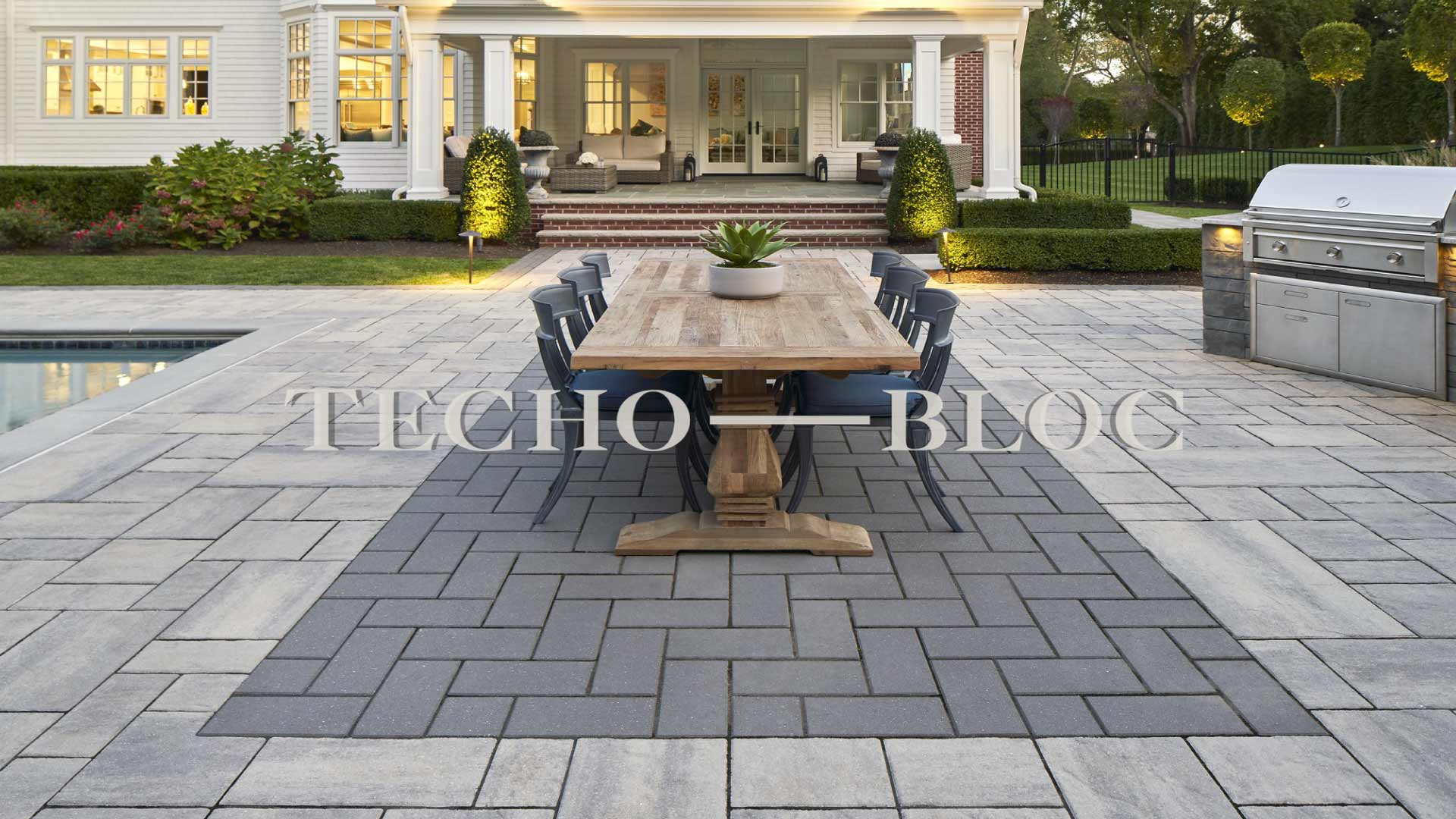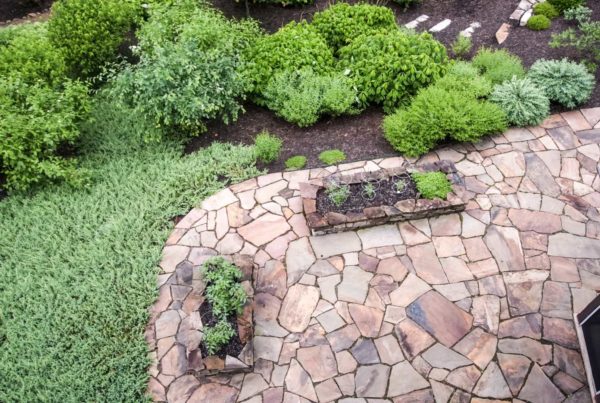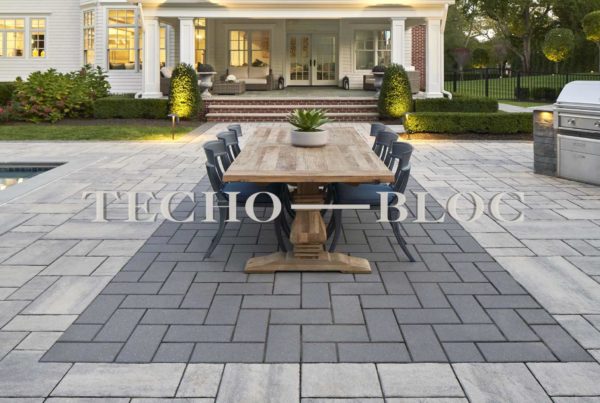What is the difference between permeable pavers and regular pavers?
Permeable pavers, pervious pavers, or porous pavers; no matter what you have heard them called you might be wondering what they are. Let’s start by describing normal pavers. Regular pavers are sealed with polymeric sand to make water run off of your patio into your yard. Whereas permeable pavers are designed to allow water to flow through the pavers, into the foundation, and then into the ground. As a result of the water being allowed to pass through the paver patio or driveway and go into the ground, permeable pavers decrease the water runoff from your patio and driveway.
What are the benefits of permeable pavers?
In addition to the decreased runoff, there are a number of other benefits of having Best Way Landscaping install a permeable paver patio or driveway. Permeable pavers also decrease the amount of pollutants that get washed off your patio and into your lawn or planting beds. Therefore, permeable installations can help improve the health of your lawn and plants.
Another benefit of permeable pavers is that they might allow you to build a bigger patio or driveway. Many towns and cities restrict the percentage of your land that you can cover with impermeable surfaces. These areas include your house, any sheds, driveway, sidewalks, patios, pools, and sport courts. Basically, any surface on your property that water can’t get through is an impervious surface and counts against your lot coverage ratio (LCR). Both Wheaton and Glen Ellyn have LCRs that they take into consideration when reviewing building permits. When you install a permeable paver surface only a percentage of the area is counted against your impervious coverage allowance.
Finally, permeable paver foundations might have the benefit of lasting longer. Our experience has shown that permeable paver installations tend to last longer and experience less heave in the winter. As a result, permeable paver patios and driveways get fewer dips and low areas. That means lower maintenance costs.
What is different about a permeable paver foundation?
There are a number of differences between permeable and regular paver foundations. But, let me start by saying that not all permeable foundations are the same. Foundation requirements to be considered permeable vary from town to town. That said, the major differences fall into three categories; foundation thickness, foundation materials, and drainage.
Permeable foundations are normally 12” thick, as opposed to 8” inches for a regular paver installation. This increased foundation thickness provides a much sturdier base. This is the main reason permeable pavers can have a longer lifespan.
The aggregate material that is used for permeable installations is also different from the normal aggregates used for paver installation. The base materials for permeable pavers start off larger and then get smaller as you get closer to the bottom of the pavers. These coarser materials are used to increase the open space in the base to foster water flow. The bedding used is also normally a crushed stone instead of leveling sand. This is most likely why we have seen permeable paver patios and driveways stay more level than regular installations.
The final major area of difference has to do with drainage. Most permeable installations include perforated drain pipes installed in the subbase. These drain pipes collect the water that comes through the patio and carries it underground. The result? Less standing water in your yard. And if you live in Wheaton or Glen Ellyn, then you know standing water in yards is a common problem.
Reach out to us today and we will be happy to proved you with a permeable paver quote.






